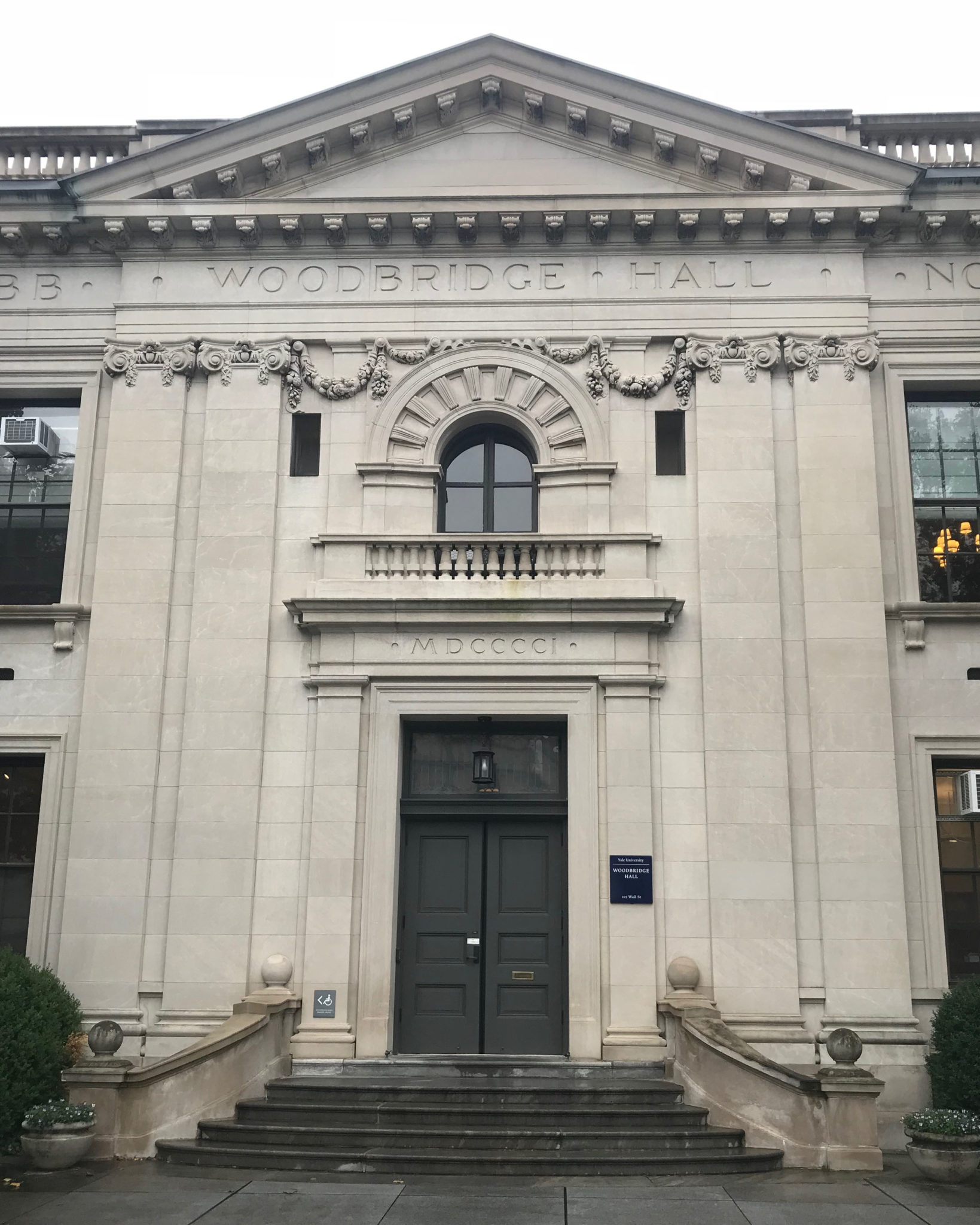
Nick Tabio
Around two years after U.S. President Donald Trump announced the rollback of Deferred Action for Childhood Arrivals, Yale — along with 18 other universities — filed an amicus brief to the Supreme Court on Friday, opposing near-term deportation for students covered by the act. On the same day, Sterling Professor of International Law Harold Koh also submitted a brief in support of DACA, with national security officials.
The amicus briefs filed by Koh and the coalition of higher education institutions both oppose Trump’s plan to phase out the Obama-era program that prevents deportation of young immigrants. The brief filed by 19 universities — including Yale, Harvard University, Brown University, the Massachusetts Institute of Technology, among others — argues that ending DACA would prevent some of the most qualified students from matriculating at their schools. Revocation of DACA would not only preclude students from obtaining a full benefit of their education, but also undermine schools’ educational missions, the brief stated.
“The DACA students at [co-filing institutions] were selected because they are outstanding students,” the universities’ brief reads. “Like their classmates, these young people were valedictorians, student government leaders, varsity athletes, inventors, academic award winners, accomplished artists and role models for younger children in their communities.”
The universities’ brief presents changes already faced by students whose immigration status is under threat due to DACA revocation. According to one Yale student with DACA status, who was mentioned in the brief, financial difficulties and a lack of information can wear on undocumented students and “obstruct the path to higher education.”
On the other hand, the brief filed by Koh and former government officials — including former Secretaries of State Madeleine Albright and John Kerry ’66 and former CIA Directors John Brennan and Michael Hayden — argue that rescinding DACA would harm the United States from a national security standpoint. Speaking about DACA from that perspective provides a different angle from which to view the case, according to Danielle Zucker LAW ’20, who worked with Koh and seven other Yale Law School students to write the brief.
“There’s a lot of information out there about the obvious impacts that rescinding DACA will have on DACA recipients themselves, but there’s also broader implications for the country,” Zucker told the News.
According to the national security brief, nullifying DACA could harm the United States’ interests by potentially damaging the country’s reputation of protecting human rights and diverting funding from other security priorities.
Trump’s revocation of the act was “arbitrary and capricious,” the amicus brief stated, explaining that the repeal process “drastically departed” from normal procedures. Though taking executive action generally involves weighing costs and benefits while considering other proposals, there was “no evidence that [rescinding DACA] went through any process like that,” according to Zucker and Alexa Andaya LAW ’20, who co-wrote the document.
In an interview with the News, Zucker and Andaya emphasized that the support from national security officials — who have years of experience in the government — add validity to the brief.
Amicus briefs presented to the nation’s highest court on Friday were not the first instances of University administrators and faculty members fighting against Trump’s DACA repeal.
Days after the U.S. president abrogated the act in September 2017, members of the Worker and Immigrant Rights Advocacy Clinic at the Law school penned a letter to a district court judge in New York to oppose the rescinding of DACA.
At the time, Koh, who served as Legal Adviser of the Department of State for four years under the Obama administration, told the News that the Trump Administration’s move was “driven apparently by rank discrimination based on race and national origin.”
“The absence of any legislative safety net or any administrative scheme explaining why the Department of Homeland Security should make deportation of hard-working, law-abiding Dreamers a high priority makes that reversal of position all the more egregious,” Koh said.
University President Peter Salovey — who has taken a cautious approach in responding to Trump’s policies — has been vocal in his support for DACA. In September 2017, Salovey called rescinding DACA “deeply disappointing” and vowed to defend the University’s undocumented students in a campuswide emails. A week prior to sending that email, Salovey penned a strongly worded letter he sent to the White House and urged the U.S. president to defend the program.
Friday was the deadline to submit material related to DACA revocation — a case that will be argued in front of the Supreme Court on Nov. 12.
Valerie Pavilonis | valerie.pavilonis@yale.edu







